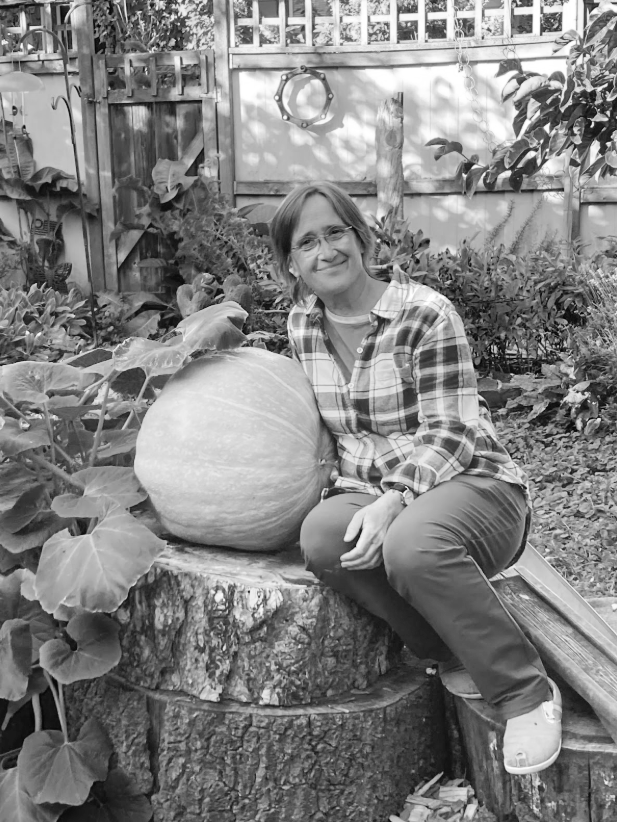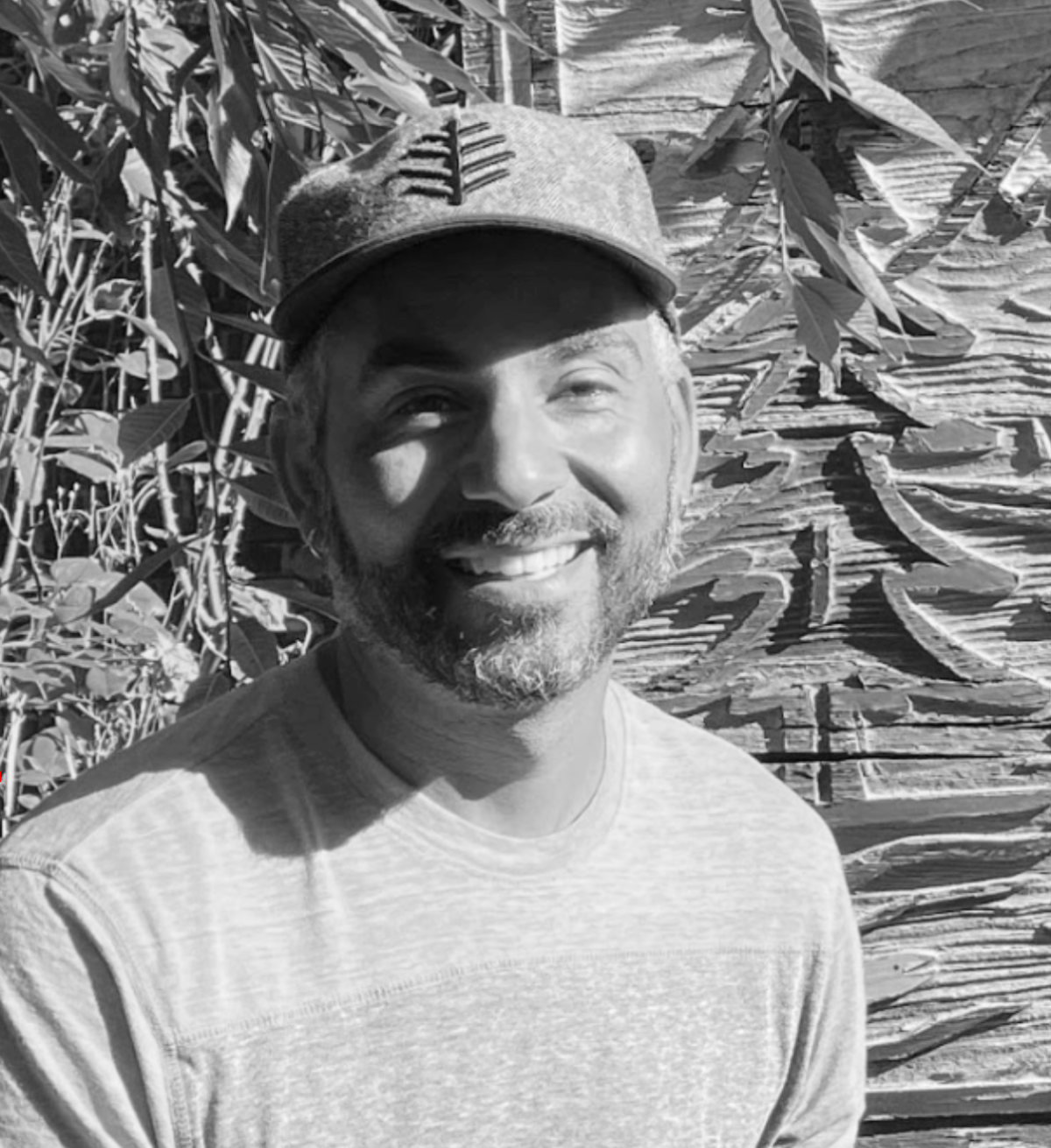Q&A with Jeremy Thomas, Sunnyside Environmental School 4th grade teacher
Jeremy Thomas has been a teacher at Sunnyside Environmental School (SES) for 17 years. Currently, he teaches fourth grade, which he loves. Though he doesn’t live in Sunnyside, he and his wife, Amy, and daughter, Angela live just a few miles away in Rose City Park (His other daughter, Olivia, will be a sophomore at Willamette University this fall.) We talked about the history of SES, what he loves about being a teacher, and why Sunnyside is such a special neighborhood to work in.
How has Sunnyside Environmental School changed over time?
Jeremy: When I started, there were more kids who were from outside the neighborhood who had been lotteried in. Over the years it became more neighborhood kids. Now it’s back to a lot of kids who lottery in.
For a while there was a bit of a baby boom in the neighborhood. All of a sudden, in the 2010s there weren’t very many lottery slots. It’s an interesting school, in that it is a neighborhood school and it’s a “focus option” school. So for some kids, it’s like, “This is just my school because I live right down the street.” And then there’s other kids who sought out this school specifically.
Remind me of the history of SES?
Jeremy: It started out as the environmental middle school in 1995 and it was located in the Abernathy neighborhood. They eventually outgrew that space around 2004 and “Environmental Middle School” (as it was then called) was so small that the district was actually considering closing it. PPS said, “You can move into Sunnyside, but you have to be able to serve the
neighborhood and whatever extra slots you have, you can lottery those.” And when it became a K-8.
Which grade do you prefer teaching?
Jeremy: I taught third grade first—for 10 years, and then I’ve done seven years of fourth.
I think third, fourth and fifth—that’s my area. I like those middle ages. I think I like fourth grade more. At first I just loved third grade. I was like, “I never want to leave third grade.” And then one of the fourth grade teachers was leaving, and my principal at the time said, “You could just take your class into fourth grade.” And now I love fourth grade. I love the curriculum. They’re just a little older, so they have a little bit more of the basic skills down.
What’s your favorite part about being a teacher?
Jeremy: Gosh – so many things. I think my favorite part of teaching is the community-building that happens. It’s hard work, it’s messy work, building a community and facilitating the growth of a community. But it’s those relationships and the community-building that I find the most rewarding as a teacher.
I also really love the cyclical nature of it. Before I was a teacher I worked for the Social Security Administration and I was basically doing the same things in December that I was doing in July; the same thing in October that I was doing in March. I love that in school, there’s a different feel. When the school year starts in September, there’s a certain energy, and then there’s a curricular flow that I take throughout the year. Winter has its feel, and spring has its feel, and then you get to summer; there’s not working over the summer, and then it starts over again. And I like that, not doing the same thing.
Speaking of seasons, remind me what events happen in the fall?
Jeremy: Every October we have a big Harvest Fair. It’s both a curricular showcase for the younger grades and a celebration of community. I don’t know if you’ve attended one before but it’s a little carnival – all kinds of little events, where the kids buy tickets and use the tickets to do different activities. There’s even a cake walk!
And there’s a dunk tank?
Which I’ve been in many times!
What about winter events?
Jeremy: In the winter there is an event called the Riparian Festival. It used to be every December, but we’ve now moved it to January. That one is more curriculum-focused. It’s for the 3rd-8th grade, where you go from room to room in the school and see all the stuff that kids have been learning over the course of the year. In the spring we do something called “student-led conferences,” where the students lead their parents on a conference of what they’ve been learning and how they’ve grown over the year.
I’ve heard that you also mentor other teachers. Is that something that you’ve always done?
Jeremy: My first student teacher is now the other fourth grade teacher, Asa Gervich. It was funny, because when I first started teaching at SES, I was only in my fourth year of teaching so I was still kind of new. Sarah Taylor—she was the founder of the school—she was a big advocate of teachers having student teachers, and having lots of trainees and interns in the school building. Not only did that provide more people to do a lot, but it also got new people who were here who have been trained at SES specifically. That has been helpful as other teachers have retired.
So my first year there, she asked, “Do you want a student teacher?” And I was like, “I’m still new. I’ve never taught third grade before. No, I cannot take on a student teacher.” She said okay. And then, in the middle of the year, she cornered me in the office with this man that she was with and she said, “This is Asa and he’s looking for a classroom to observe and I thought yours would be perfect.” And, I couldn’t say no.
He came in to observe and he loved it. He was thinking of becoming a teacher. So when he decided to become a teacher, he worked in my room. And now we teach the same grade, which is kind of the full circle.
I’ve probably had about eight student teachers over my time at SES. I enjoy working with younger, newer teachers, because I believe it’s a really important profession and job, and I want to encourage people in learning how to do this job.
SES is a really great place to learn how to be a teacher. There are so many schools where the curriculum is very canned. We create so much of our own curriculum here, which is what I was taught when I was in college—and what many are taught in grad school. At Sunnyside, you get an opportunity to do that. And that’s not the case at every school.
What’s your favorite thing about Sunnyside as a neighborhood?
Jeremy: I just love how vibrant Sunnyside is. There’s so much life! And you’ve got so many small businesses. Throughout my years of teaching at SES, I’ve been able to develop relationships with some of the businesses. When I taught third grade, we did a whole neighborhood storyline and we went into different businesses and interviewed people.
It’s also a bike-friendly neighborhood. I like the fact that we are on Salmon Street, and we do a whole unit on salmon, you know? And I just love that it’s an old neighborhood, so there’s so much history there.
There are certain neighborhoods in Portland and definitely in the U.S., where you walk around and can’t get a sense of the place. There’s a sameness to them. Sunnyside is so unique—it definitely has its own feel.
Finally, it’s a very engaged neighborhood. When I first started teaching at Sunnyside, my wife got a horrible case of pneumonia, and ended up being hospitalized for nine days. And this was within three weeks of me starting at Sunnyside in 2008. At the time, Olivia was two and our younger daughter was six months old. So here I have a six month old and a two year old, my wife’s in the hospital, and I’m starting this new job at Sunnyside. The way the community rallied was really amazing. Without my asking, people started delivering food, saying they could watch the kids. There was a parent who was a naturopath, and when my wife got out of the hospital, she came by with all these herbs. That happens throughout my time at Sunnyside. It’s not just Sunnyside Environmental School—it’s the neighborhood as well. I’ve seen just such a community feel in that neighborhood. Probably one of the best examples of that is the Sunnyside Piazza, which has always been such an important landmark in the neighborhood that represents people coming together.
Anything about SES that you wish you could change?
Jeremy: Sometimes I wish we had more space. We’re bounded in that city block. Sometimes we have very ambitious goals when it comes to gardening and what we would like to do with the space.


